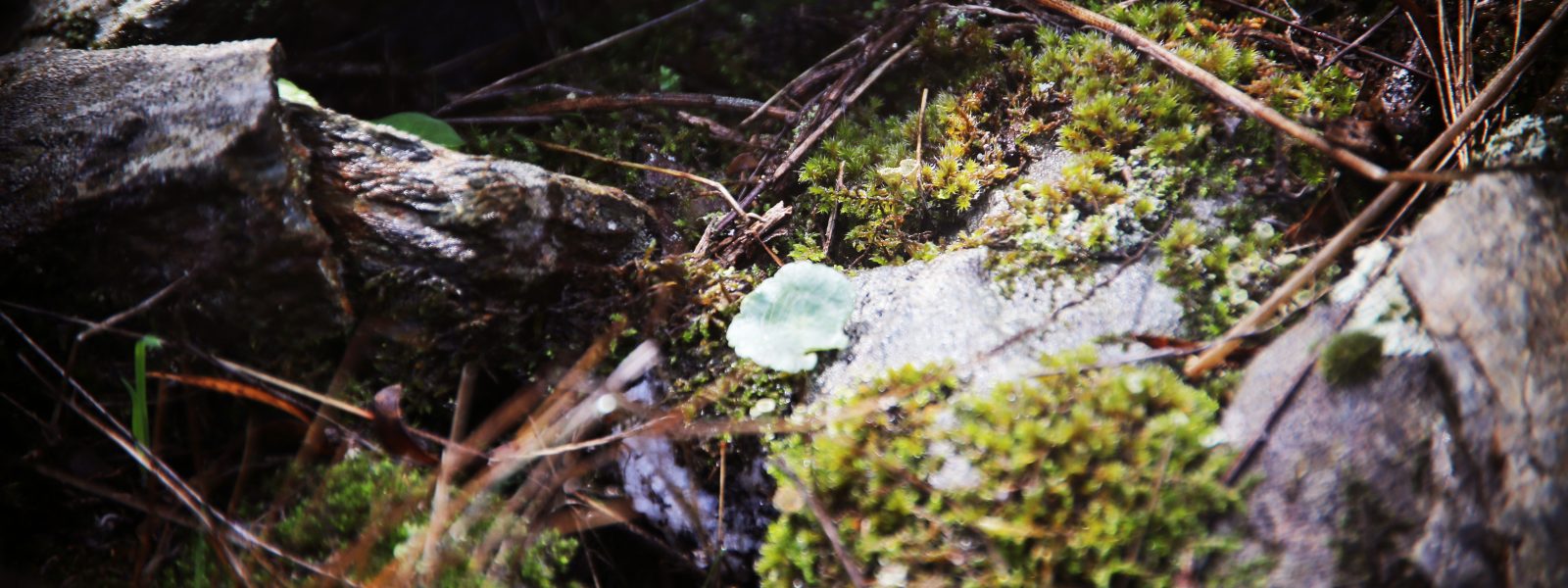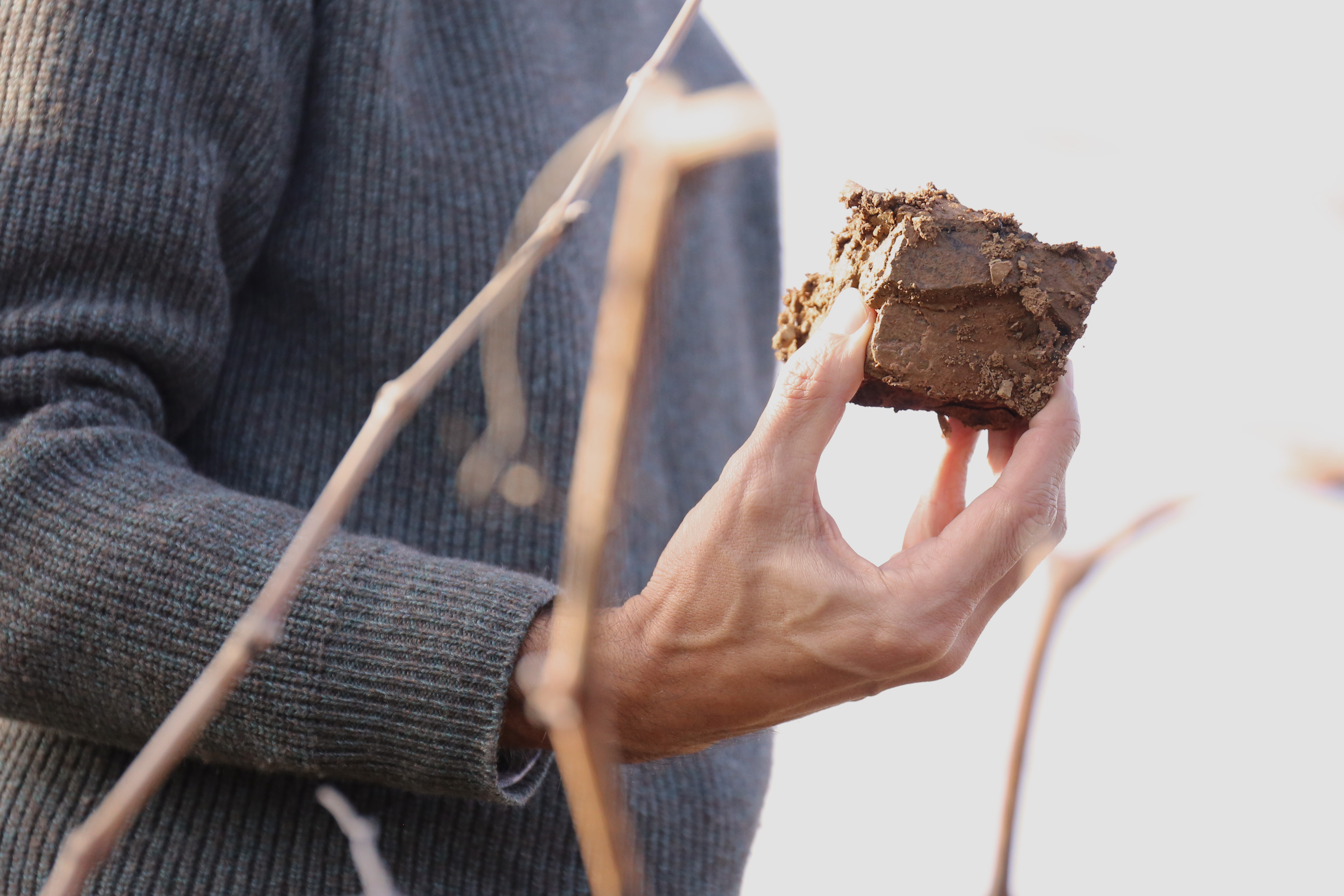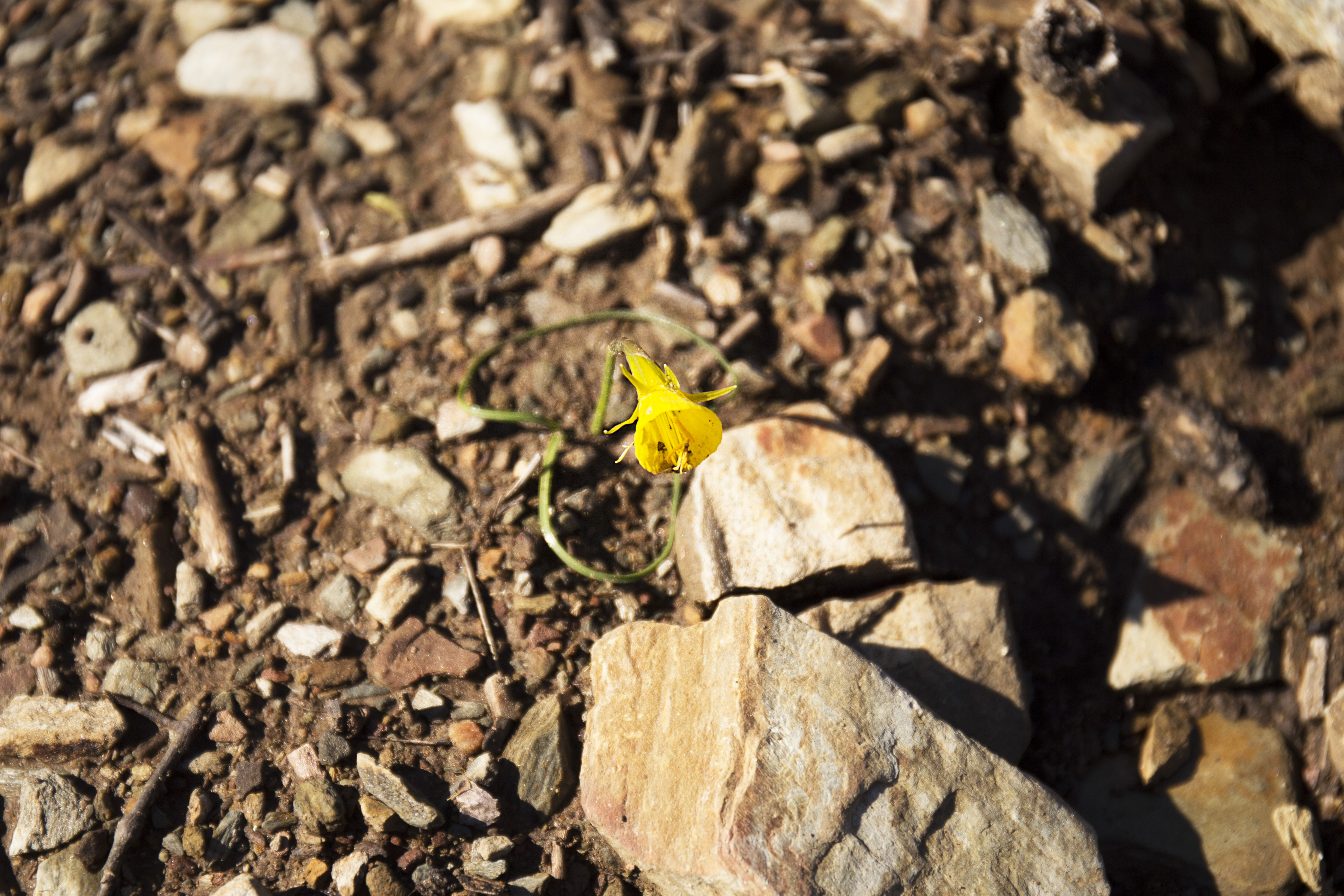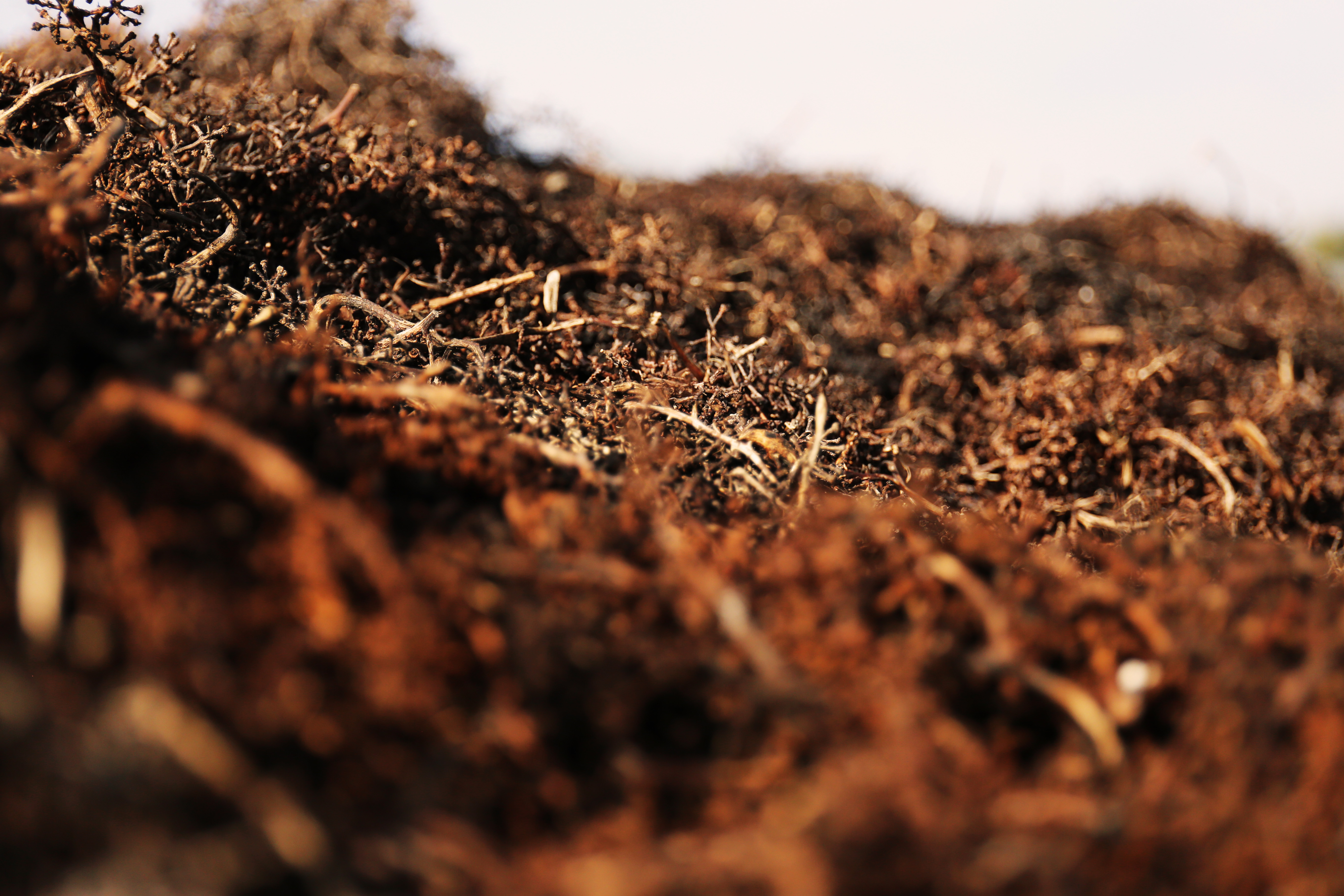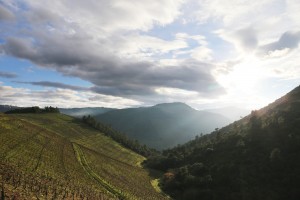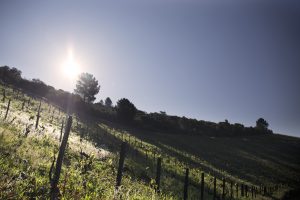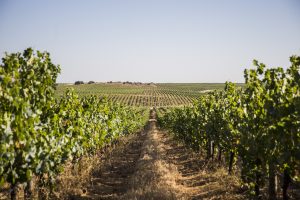Think Small
For decades, we have seen the secrets of yeast being unravelled. However, we are still trying to understand how commercial yeasts, the product of the latest biotechnological knowledge, interact with indigenous yeasts, uncontrolled examples produced from the ecosystem. After all, vineyards are a kind of productive ecosystem, open to interaction with their surroundings. So, to what extent do the ‘seasonings’ from soil and natural vegetation merge with the intrinsic characteristics of each grape variety, creating unlikely micro combinations that will determine terroir’s charm?
At Esporão, considerable work has been done on soil and biodiversity over the years: we have reorganised areas of vineyards to retrieve original water lines, planted thousands of shrubs and trees to make the productive ecosystem more resilient, boosting biodiversity that is also beneficial to conservation, we have spoken to and learned from our employees and consultants to develop the best sustainable management practices for vineyards and olive groves. Today, we are literally reaping the investment we have sown, with wines and olive oils that make us extremely enthusiastic about this vision of the future.
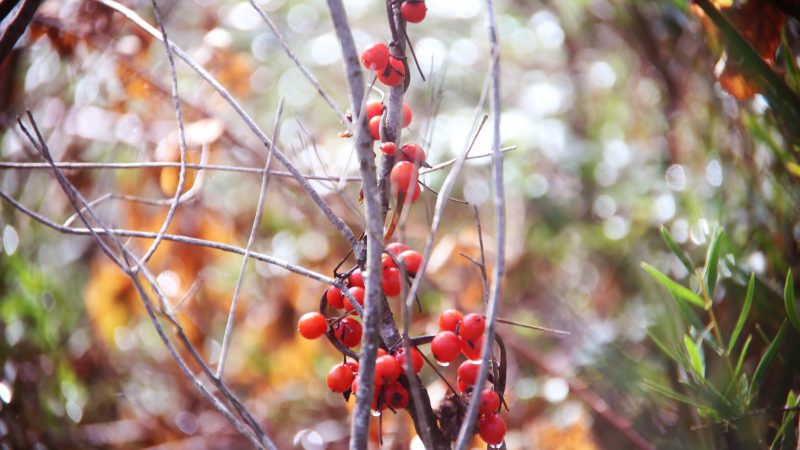
Perhaps this is the best answer. Terroir may be the product of the combination of several variables; such as putting our heart and soul into what we do, our love for the land and respect for nature’s cycles, the thirst for knowledge that takes us that bit further, dedication to plants and their fruit and the determination to offer the best in every bottle we produce. These are the variables that help define the character of what is ours.
